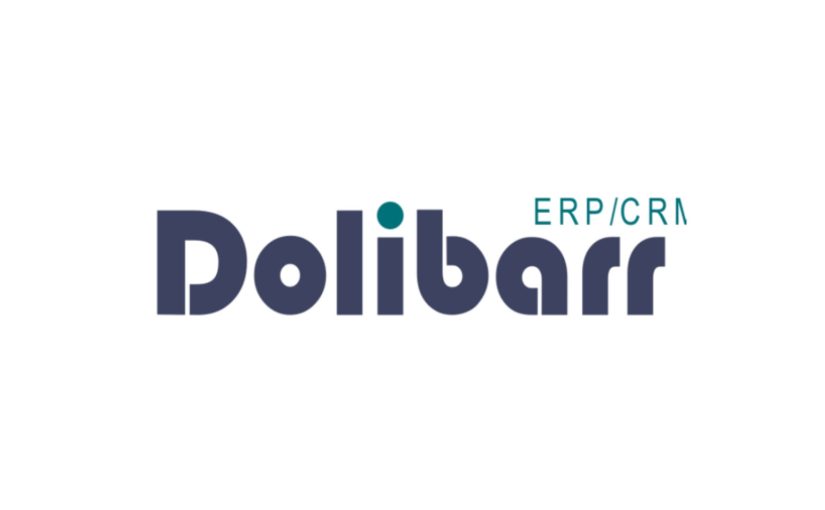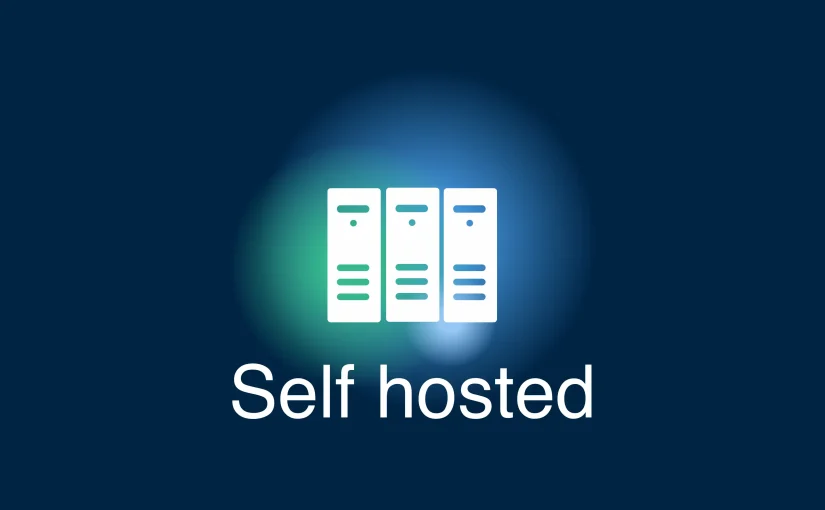Dolibarr is a comprehensive open-source software for enterprise resource planning (ERP) and customer relationship management (CRM). Designed to meet the needs of small and medium-sized enterprises (SMEs), freelancers, and associations, it offers a simple, flexible, and modular solution to efficiently organise the various activities of an organisation.
Why host your own services? My perspective: Why self-host your services?
Key Features
Dolibarr allows the management of numerous aspects of a business:
- Clients and prospects: Manage contacts, create quotes, issue invoices, and track payments and reminders.
- Product and stock management: Track items, manage stock levels, and handle suppliers.
- Orders and sales: Manage client and supplier orders, and create purchase orders and delivery notes.
- Accounting: Track expenses and revenues, generate financial reports, and manage invoices.
- Project management: Monitor tasks, deadlines, and resources for ongoing projects.
- Human resources: Track employees, manage leaves, absences, and expense reports.
Advantages of Dolibarr
Dolibarr excels due to its modularity: each user can activate only the features they need, making the software highly customisable. With its intuitive interface, it is easy to use, even for non-technical users.
As open-source software, Dolibarr is free, making it an accessible alternative to paid software solutions. It can be installed locally on a server or used in SaaS mode (hosted in the cloud) for remote access via a web browser.
Finally, it is scalable: suitable for small businesses, it can grow alongside the company as its needs evolve.
Conclusion
Dolibarr is a versatile and cost-effective ERP/CRM solution, ideal for organisations seeking a simple, modular, and high-performance management tool.


